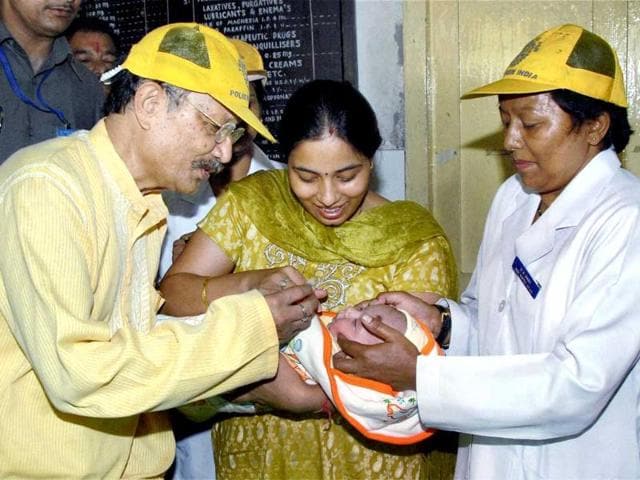NHAM is the next logical step after NRHM
The NDA government is considering rolling out a National Health Assurance Mission to reduce out-of-pocket expenditure on healthcare by the common man. Health is a State subject and the state’s ownership and thrust on governance determines its success. This is the lesson from the NRHM.
The NDA government is considering rolling out a National Health Assurance Mission to reduce out-of-pocket expenditure on healthcare by the common man. Health is a State subject and the state’s ownership and thrust on governance determines its success. This is the lesson from the National Rural Health Mission (NRHM). Before assuming insurance as assurance, there is a need to appreciate the problems in healthcare due to information asymmetry, weak regulation, and possible market failures.

First, one has to understand health assurance as a framework that simultaneously pays attention to the diverse factors that contribute to good health. From nutrition to clean water and sanitation, from primary to tertiary healthcare, from environmental and occupational health to community action against tobacco and alcohol, health assurance will have to be understood in its widest context.
Second, appreciating the wider determinants of healthcare, there is a case for creating a platform of community institutions within the framework of the Panchayati Raj. Health assurance needs a human development approach that creates a common platform.
Third, there should be a primary health unit (PHU) for every Indian citizen in rural and urban areas, where a doctor, drugs and diagnostics are available. Every household must get a health card. Anyone in need of health services should be able to connect to the PHU through community workers. The PHU must have health education and community action units. There could be public and publicly enlisted private PHUs as well.
Fourth, specialised medical services corporations need to be set up in every state with warehouses in every district. An uninterrupted supply of quality generic drugs in each PHU and its subordinate units will go a long way in reducing out-of-pocket expenditure on drugs.
Fifth, medical, paramedical and nursing education is needed to increase the human resource density of trained healthcare personnel. We ought to experiment like Cuba and China with a three-year programme for community health practitioners who work under the supervision of modern medical doctors. Nursing skill laboratories need to be established in all hospitals with a high case load.
Sixth, secondary and tertiary healthcare needs a simultaneous improvement of services in public facilities. There is a need for a continuous system of accreditation and standard-setting by third-party institutions like the National Institute for Health and Care Excellence.
Seventh, all secondary and tertiary references must be routed through a PHU. A reinsurance model with state guarantee for a health trust will ensure expenditure on hospitalised services is timely and efficient. Member contribution to these trusts should be mandatory and proportionate to income levels. All enlisted private providers will also have to follow the standard treatment protocols and agreed costs.
Eighth, six- to 50-bed hospitals, as per need, could be public as also publicly enlisted private hospitals, providing need-based services, connecting every habitation.
Ninth, public health and nutrition experts in every district and block and public health laboratory will greatly facilitate an evidence-based approach to public health.
Tenth, allocation of financial resources will have to be in line with the requirements for assurance. With a strong thrust on prevention of diseases, clean water, sanitation and nutrition, it is actually possible for India to provide health assurance to its citizens with 2.5-3% GDP public expenditure.
Implementing health assurance is indeed the logical next step after the efforts at strengthening public systems under the NRHM since 2005. Promoting state-specific action plans for health assurance with a thrust on removing governance deficits at all levels is the way forward.
Amarjeet Sinha is a civil servant
The views expressed by the author are personal





